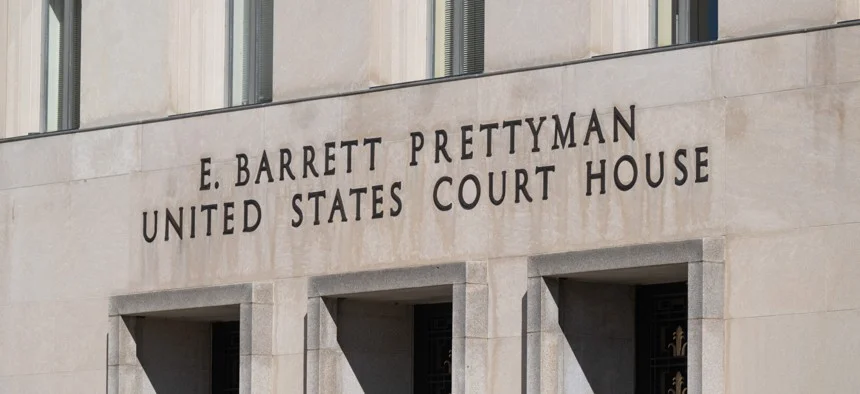
Are Trump’s Union Cuts a National Security Move or Political Retaliation?
In a heated legal battle swirling around President Donald Trump's executive order aimed at limiting collective bargaining rights for federal workers, questions arise about the true motivations underlying this move. A federal judge's skepticism suggests that what may appear as a national security measure could instead be a calculated retaliation against unions challenging Trump's policies.
During a court hearing in Washington, D.C., U.S. District Judge Paul Friedman displayed doubt over the administration's reasoning, indicating that Trump's actions are closely tied to conflicts with unions like the National Treasury Employees Union (NTEU). The order, which affects about 75% of roughly one million federal employees represented by unions, cites a rarely used provision from the 1978 Civil Service Reform Act, exempting significant portions of the federal workforce from collective bargaining due to national security concerns.

Judge Friedman pointedly referenced a White House fact sheet that, he argued, revealed Trump's desire to punish unions that have contested his agenda in legal battles. “He’s willing to be kind to those that work with him, but those that have sued him, he’s not going to bargain with,” Friedman noted during the proceedings. This sentiment echoed throughout the courtroom, as legal representatives from the NTEU presented evidence that the administration’s order would eliminate approximately two-thirds of the union's members and cut off over $2 million in monthly dues.
The NTEU's Deputy General Counsel, Paras Shah, contended that the executive order extends the administration's authority in ways that undermine the very protections meant to shield federal workers, pivoting on historical legal precedents like the 1956 Supreme Court case, Cole v. Young. Shah’s citations illustrated a narrow understanding of national security to prevent its misuse in labor relations, asserting, “If the government gets the un-reviewability that it wants... it will be used to destroy the entire federal labor statute.”
On the other hand, the Justice Department's Emily Hall defended the administration, claiming such a sweeping move was well within presidential rights, arguing that the implications of national security are not subject to judicial scrutiny. This sentiment, however, did little to sway Judge Friedman, who highlighted that national security mandates must not be a façade for the deliberate sidelining of unions.
The political landscape surrounding this legal dispute not only brings to light concerns over union rights but also serves as a barometer for modern labor relations under an often polarizing administration. As the judge prepares to make a decision potentially blocking the order's implementation, unions remain vigilant, fearing they may lose the constitutional protections that labor rights entail.
As this case progresses, the litigation raises profound questions about the balance of power between the federal government and labor unions, as well as the broader implications for workers' rights in the context of national security. Will the judiciary uphold the integrity of labor laws, or allow political motives to dictate labor relations? The ongoing developments warrant close attention, prompting invites for public discourse.
What are your thoughts on the intersection of labor rights and national security in this context? Share your opinions in the comments below.